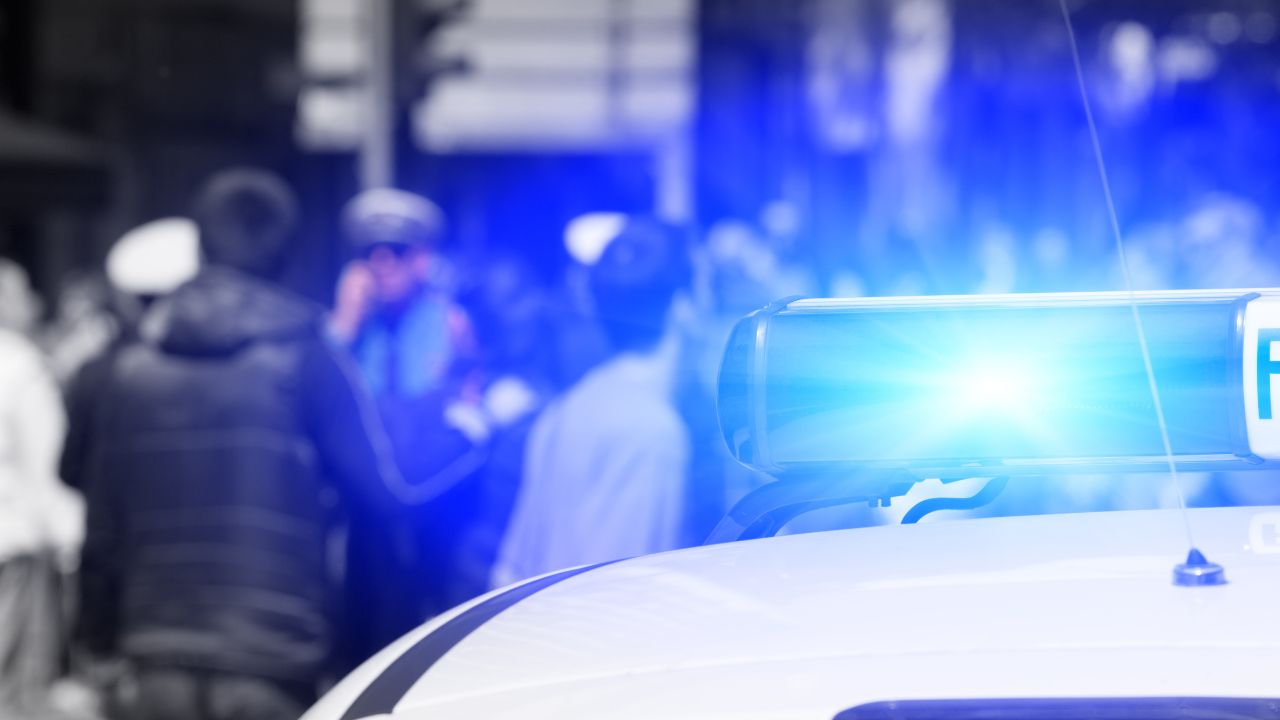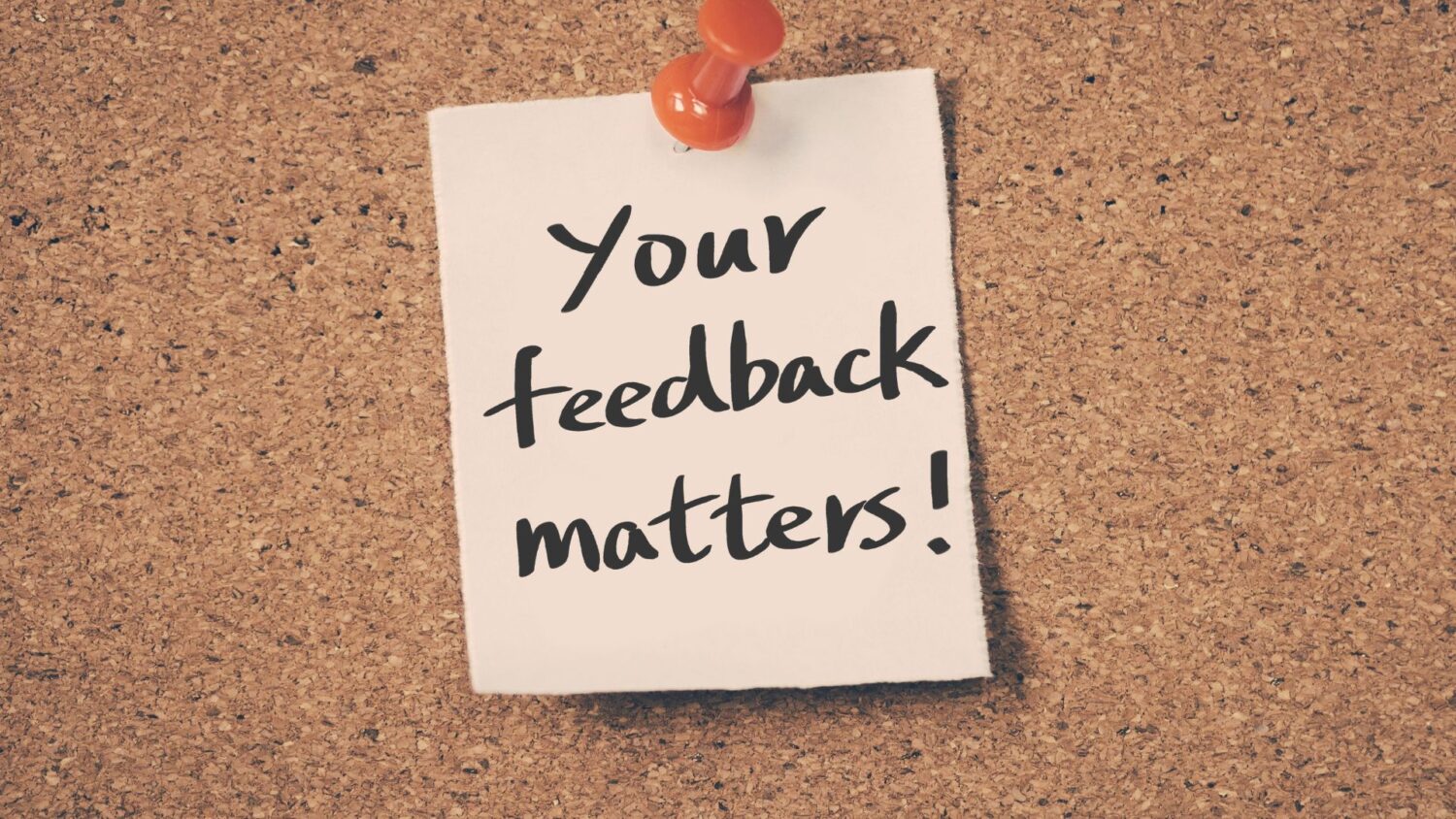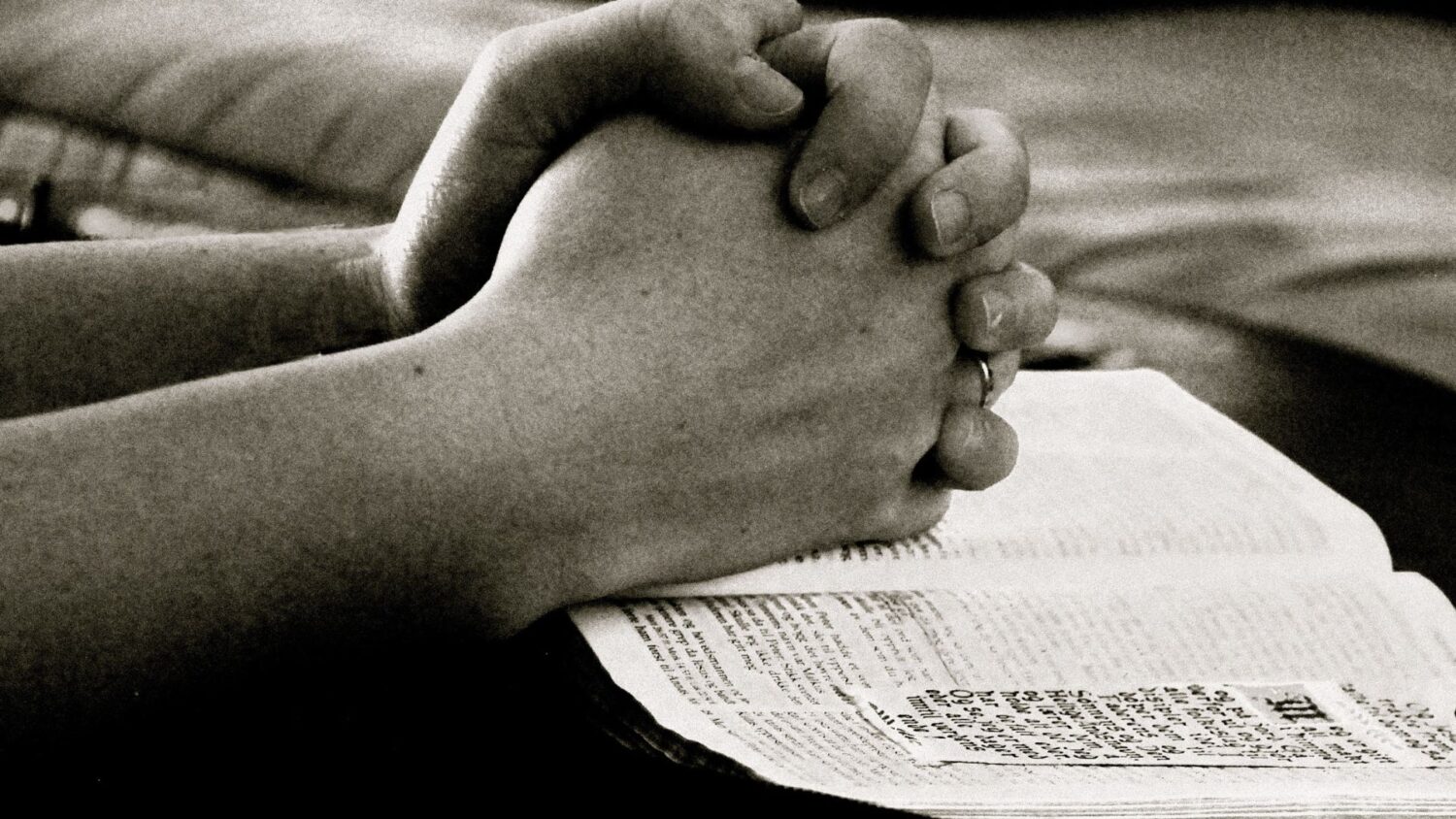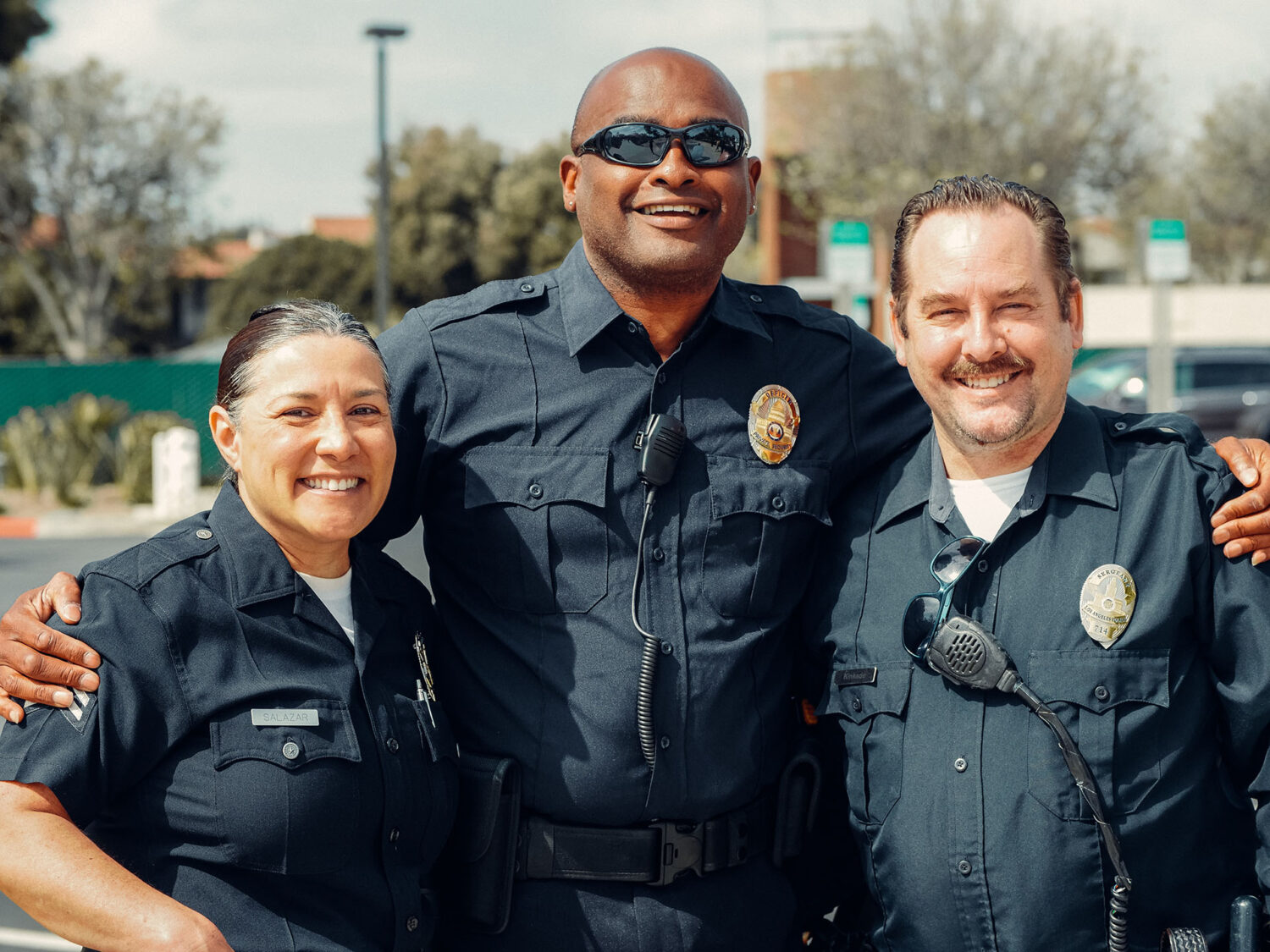By: David Ogden
December 20, 2022
- Overall Wellness is about paying attention to mental, physical, and spiritual health.
- Failing to recognize and address one component of the overall wellness paradigm is
why we continue to see digression in overall wellness. - Police work is intrinsically spiritual work. It’s about doing good at its core.
In a letter to his department and city administrators, Chief David Ogden shared his heart and his compassion for his officers and their welfare.
In 2019 the Police Executive Research Forum issued a comprehensive report on the occupational risks that showed an increase in Post-Traumatic Stress and Depression diagnoses. They declared a crisis, with police officers across the country committing suicide. Leadership and culture, access to competent mental health programs, lack of peer support programs, suicide prevention training and awareness, family support, and willingness to thoroughly discuss our officers’ overall wellness are essential to our agency and critical to ensuring officer wellness. Overall health is vital to providing our residents with the most professional person to do the job.
What could happen in a small town like ours? It wasn’t long ago that we lost Deputy Scott Pine and our very own WPD Officer Robbie German, who was killed in the line of duty within six weeks of one another. Two cherished residents died in a house fire soon after those incidents. Within six months of that period, one of our officers came upon a vehicle fire on I- 95 engulfed in flames, and despite a rescue attempt for one of the occupants, both succumbed to the fire in front of him. Commensurate to this period, our officers responded to several death investigations and performed CPR on three more residents.
Critical incidents are unusually challenging events that can create significant human distress and overwhelm someone’s usual coping skills. Crisis intervention targets an officer’s response to the event and has deep roots in military psychiatry, community mental health, and suicide intervention programs established over the years.
Recognizing the need for mental health in 2015, we embarked on a Critical Incident Stress Management (CISM) and Peer Support training program at the agency. We created a task force approach collaborating with the four local municipalities to develop our CISM Team. CISM is a comprehensive, phase-sensitive, integrated, multi-component approach to crisis/disaster intervention that is the world’s oldest approach to crisis management. Our West Orange County CISM Team has responded and conducted dozens of Post Crisis Briefings over the past several years for each agency. Commensurate to the building of the CISM team, we have trained Peer Support Personnel, a special kind of crisis intervention. We have relationships with UCF Restores, BlueLine Support, Mental Health Professionals, a Chaplaincy program, and several local faith-based support organizations to help our employees.
After thirty-five years of service, I will submit that the lack of ability and a desire to discuss spiritual wellness is a significant breakdown in our line of work. When you start talking about spirituality in law enforcement, management starts to withdraw at the thought of discussing religion in the workplace. However, spiritual wellness uncovers the motivation behind our chosen profession, and I’ll submit that police work is intrinsically spiritual in everything we do.
Spiritual Wellness helps us introspect on what we value and what motivates us to face the risks for the job; facing evil and danger, protecting innocent people, treating others with dignity and respect, avoiding destructive behavior, and avoiding corruptive behavior. More recently, constant oversight can take its toll on the most tenured officers, especially in an age of adverse toxicity against law enforcement. Each of us entered this profession for a bigger purpose than ourselves. As a leader, I understand that attention to our officer’s spiritual wellness helps them fulfill their higher purpose in life; to do good.
Amazingly, most people walk around each day to intuitively know how much battery life is left on their cellphone before recharging is necessary. A low battery signal can even bring about a certain amount of stress in your life. How important is it to recharge your spiritual battery, and how do we each do this daily? Indeed, belief in a higher authority, the power of prayer, and reading the bible is one method that many people and I employ. While others may choose meditation, reading self-help books, and finding support communities are some ways people recharge their spiritual batteries. We shouldn’t be ashamed to discuss such matters correctly when discussing our overall wellness.
Mental health professionals share an overwhelming concern for our country’s overall mental health awareness. Two years into a pandemic, years of ongoing social justice debate and political discourse have reached epic proportions. And amid all this chaos, we all have personal lives to deal with, maybe medical issues, financial concerns, and more stress to add to any crises one may endure. Let’s all give ourselves a break, take care of our mental, physical, and spiritual health, and prioritize it. I have found that when a personal crisis hits our family, we tend to quickly conclude what we value most in our lives. Let’s start living that way ahead of the problem.
Chief David A. Ogden
“Outdo one another with honor.”
References:
Occupational Safety and Health Administration. (n.d.). Critical Incident Stress Guide. United States Department of Labor.
Retrieved from https://www.osha.gov/emergency-preparedness/guides/critical-incident-stress
Police Executive Research Forum. (2019, October). An Occupational Risk: What Every Police Agency Should Do To Prevent Suicide Among Its Officers.
https://www.policeforum.org/assets/PreventOfficerSuicide.pdf
White, M. (2022, May 4). Spiritual Wellness. Police Chief Magazine.
https://www.policechiefmagazine.org/spiritual-wellness/
About the Author
David A. Ogden is a successful executive with over 37 years of policing, serving, and leading the community. He is passionate about developing leadership initiatives for excellence, advocating for organizational health, and building elite law enforcement teams to achieve the mission of serving with excellence.
#wellness #law enforcement #LEO #1st responder #self-care





